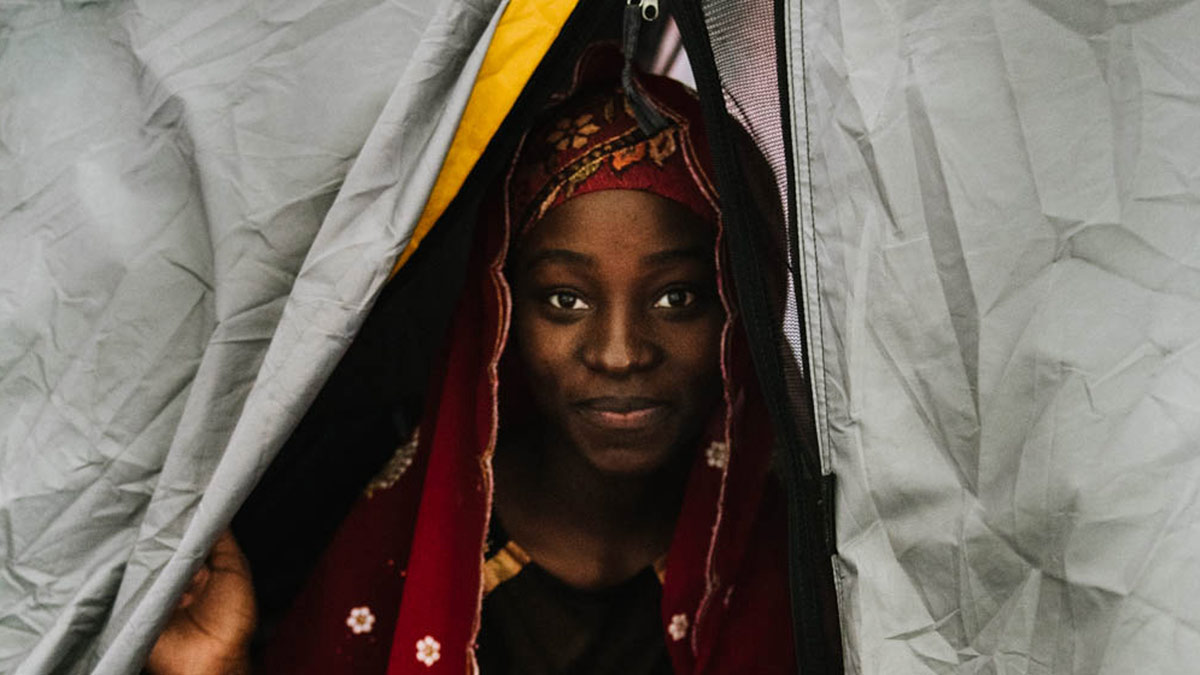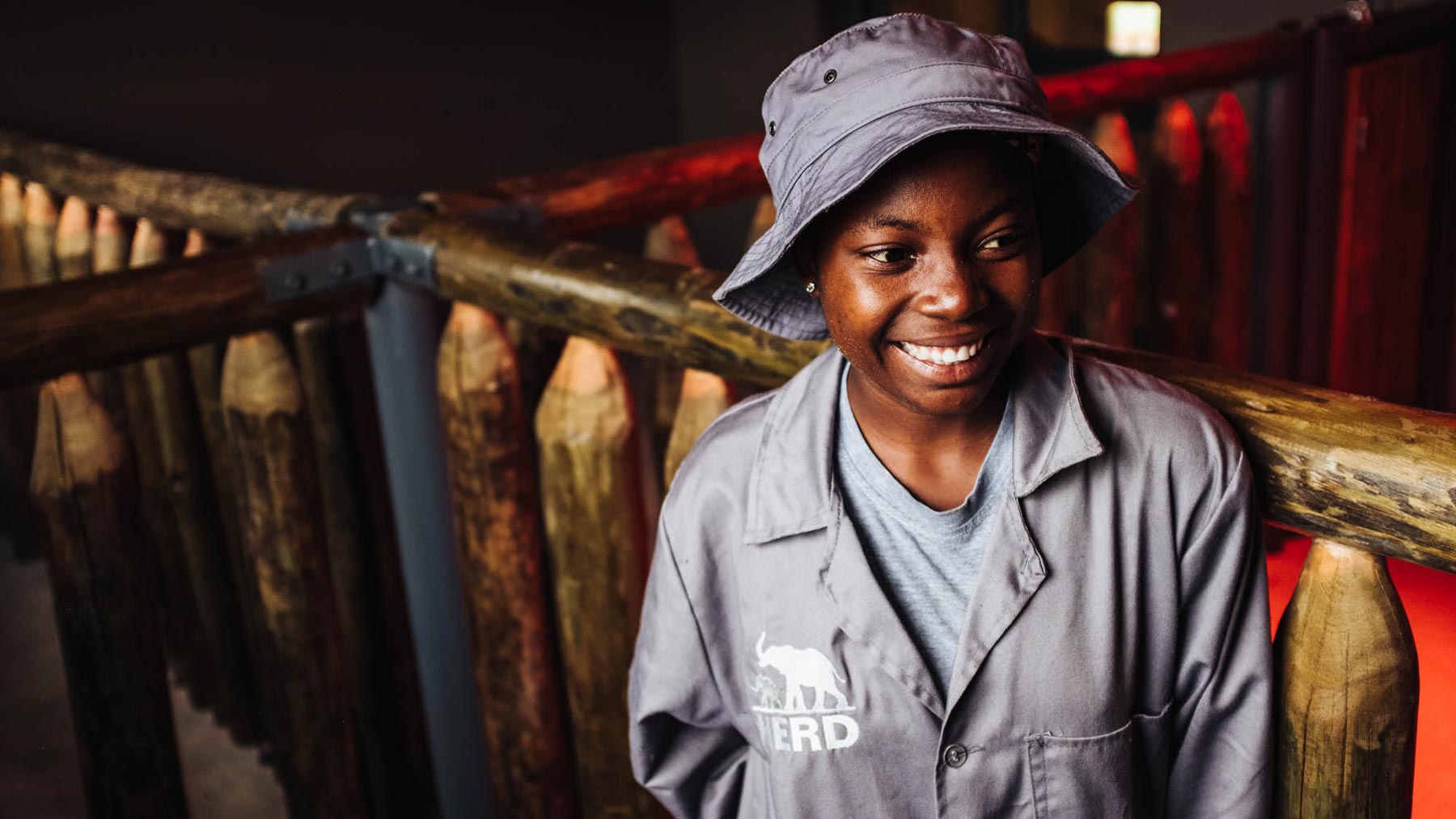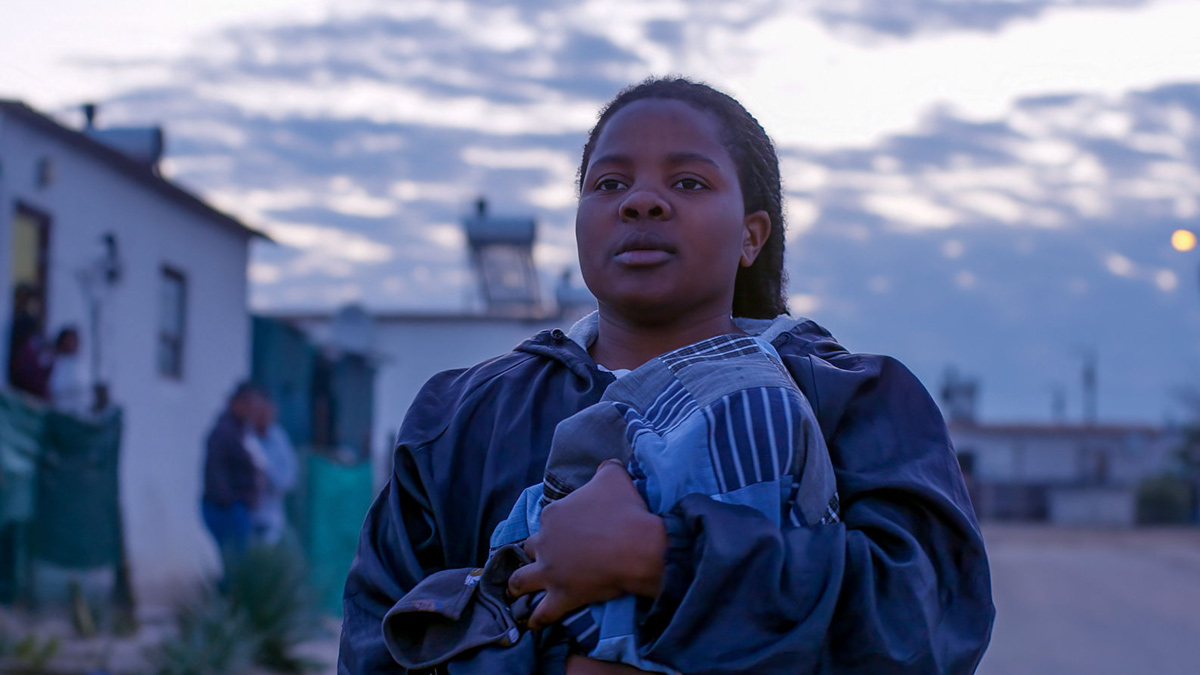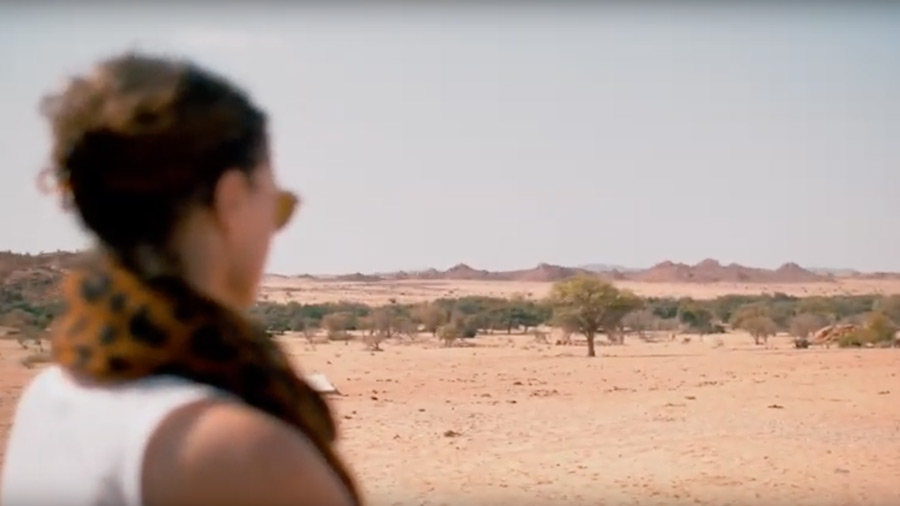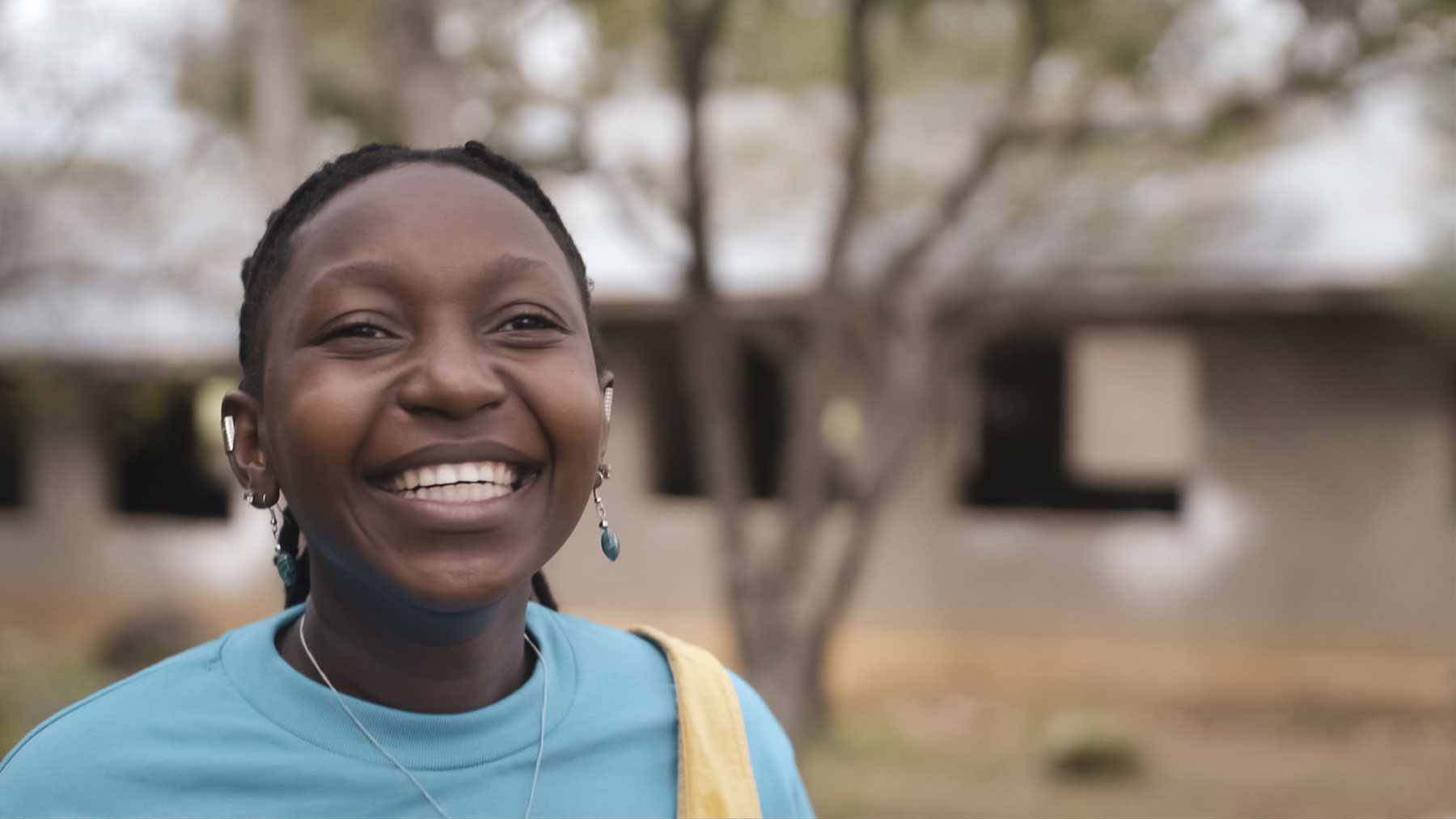
- Featuring:
- Rachel Harris
- Elephant Human Relations Aid
- Published:
- 4 June 2019
- Featuring:
- Rachel Harris
- Elephant Human Relations Aid
- Published:
- 4 June 2019
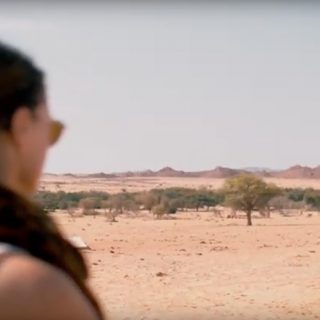
Rachel is a Director at Elephant Human Relations Aid (EHRA) in Namibia, where her and her team are doing challenging work assisting communities and schools in this remote area.
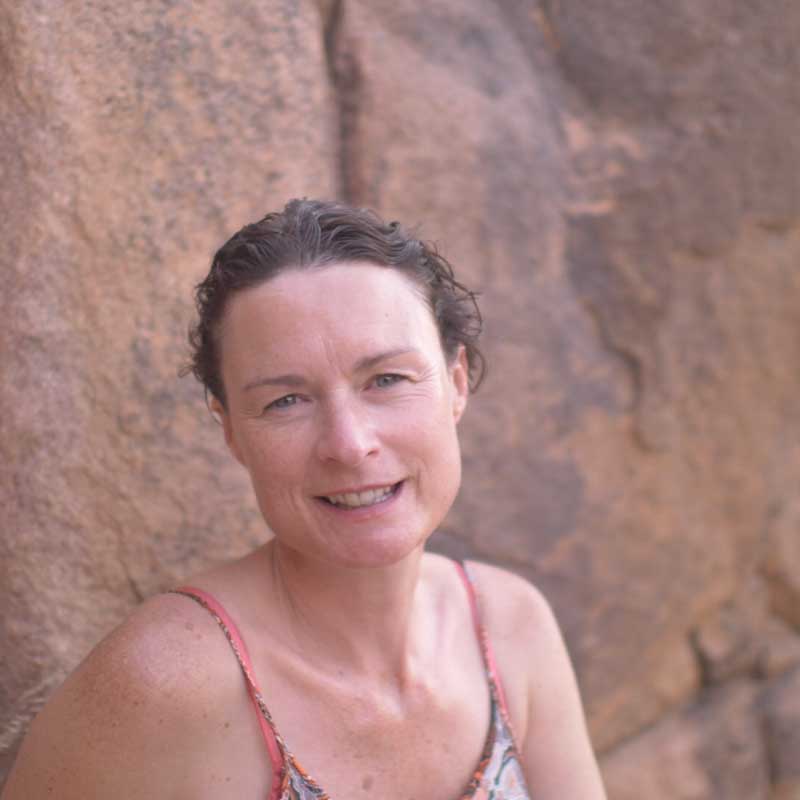
- Rachel Harris
In the 1980s the population of desert-adapted elephants in the Southern Kunene Region of Damaraland were wiped out as a result of years of poaching and hunting. For years elephants were absent from the area. This changed in 1998 when Voortrekker, a bull, led Mama Africa’s herd back to the Ugab River. A number of other herds followed Voortrekker and today there are a total of 7 elephant herds in the Ugab and Huab River vicinities.
In the last 20 years the population of these incredible desert dwelling elephants has grown from a mere 52 herd members to around 600 elephants, through the concerted efforts of the Ministry of Environment and Tourism (MET), Integrated Rural Development and Nature Conservation (IRDNC), Save the Rhino Trust and a few other NGOs.
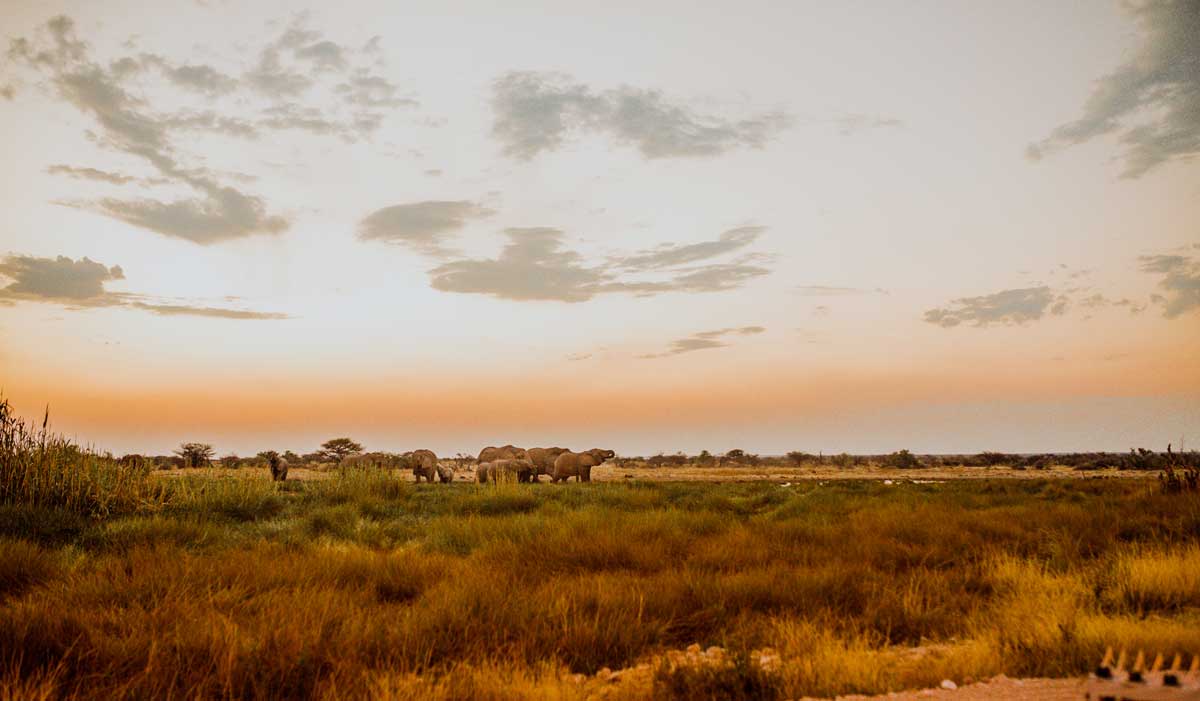
While the increase in the elephant population in this region is seen by many as a victory, it does also present unique challenges to the people living in the area. When the elephant population started to decline and desert dwelling elephants disappeared from this region, subsistence farmers began utilizing the land and have cattle such as cattle, goats and sheep. With the elephants now returning to these areas there is an increase in human-wildlife conflict, especially due to the competition between these elephants and farmers for water.
Depletion of the natural water table, as a result of the increase in human use, has led to a decrease in the amount of surface water available for consumption. In an effort to quench their thirst, elephants are seeking out man-made water points located close to the riverbeds. In their search for water, elephants can cause extensive damage to windmills, dams, reservoirs, hand-pumps and wells. Farmers and their families often live close to these water sources and are at risk of secondary damage to their homesteads and their lives as well as the lives of their livestock are threatened. Rachel and the EHRA team are working tirelessly to find ways for these elephants to co-exist with the surrounding famers.

